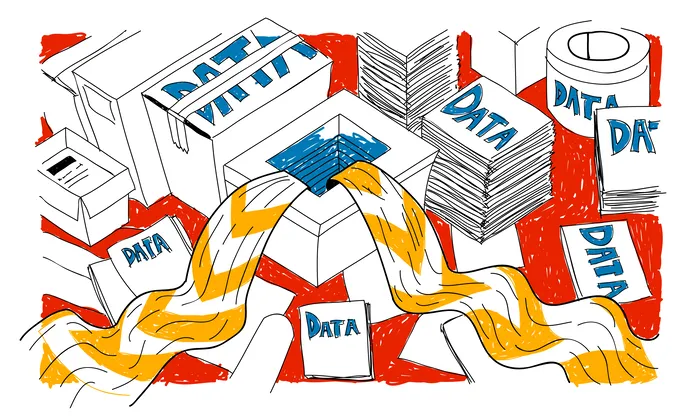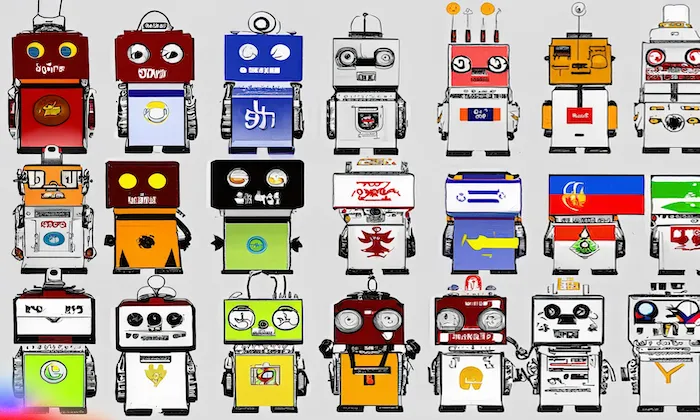What is dialect variation and why does it challenge ASR systems?
ASR
Linguistics
Speech Recognition
Dialect variation refers to the linguistic differences that emerge from geographic, social, or ethnic influences within a language. These differences manifest in pronunciation, vocabulary, grammar, and even non-verbal communication styles. For Automatic Speech Recognition (ASR) systems, these variations present significant challenges in accurately transcribing spoken language into text.
Understanding Dialect Variation in ASR
Dialect variation explained
Dialect variation covers a wide range of linguistic nuances. For instance, English speakers in the U.S. might pronounce words differently compared to those in the U.K. or Australia. Variations also occur in vocabulary (e.g., "soda" vs. "pop") and grammar (e.g., using "ain't" as a negative form). These differences can arise from regional accents, sociolects, or individual speaking habits.
Why dialect variation matters?
- User experience: When ASR systems fail to recognize different dialects, users may feel frustrated and dissatisfied, leading to reduced usage and trust in the technology.
- Market reach: Companies targeting diverse language markets need ASR systems that can handle dialectal differences to ensure accessibility and inclusivity.
- Data representation: Many training datasets for ASR lack comprehensive representation of dialectal variations, which can skew model performance and limit reliability.
Challenges of Dialect Variation for ASR Recognition Accuracy
- Recognition accuracy: The primary challenge posed by dialect variation is maintaining recognition accuracy. ASR systems trained on a limited range of dialects may struggle with others. For example, an ASR system optimized for American English might misinterpret Scottish pronunciations, leading to errors like hearing "watter" instead of "water."
- Need for diverse training data: Effective ASR systems require training datasets that represent a broad spectrum of dialects. This involves collecting and annotating speech from various speakers, covering different accents and regions. However, compiling such data is resource-intensive and logistically demanding. FutureBeeAI excels in this area by sourcing diverse speech data to train models that can generalize well across dialects.
- Computational demands: Dialect variations increase computational complexity. ASR systems must recognize not just words but also context-specific cues like tone and inflection, which vary by dialect. This requires sophisticated algorithms designed to adapt to these variations in real-time, balancing resource efficiency with performance.
- Managing user expectations: Users expect seamless interaction with ASR systems regardless of their dialect. When systems consistently fail to recognize their speech, users may lose trust. Companies need to balance accurate recognition with high user satisfaction, which can be challenging.
Best Practices for Addressing Dialect Variation
- Avoiding over-reliance on homogeneous datasets: Development teams often rely too heavily on limited datasets that don't capture the full range of dialectal diversity. It's crucial to include varied dialects in training data to expose models to different speech patterns from the start.
- Incorporating user feedback: User feedback is critical for identifying dialect-related recognition issues. By integrating feedback into development, teams can refine models to better adapt to real-world speech patterns.
- Comprehensive testing: Testing ASR systems should involve a variety of dialects and speech patterns to ensure robustness in real-world applications. This helps in fine-tuning models for diverse linguistic environments.
FutureBeeAI’s Contribution to Solving Dialect Variation Challenges
FutureBeeAI is well-positioned to tackle the challenges posed by dialect variation through its comprehensive data collection and annotation services. By providing diverse, high-quality datasets, FutureBeeAI enables ASR systems to achieve greater accuracy across dialects. Our expertise in sourcing and annotating speech data ensures that the models trained with our datasets can meet the demands of real-world linguistic diversity.
For projects requiring diverse speech datasets to improve ASR accuracy, FutureBeeAI offers scalable solutions tailored to your needs. Connect with us to learn how our data services can enhance the performance of your ASR systems in just a few weeks.
What Else Do People Ask?
Related AI Articles
Browse Matching Datasets
Acquiring high-quality AI datasets has never been easier!!!
Get in touch with our AI data expert now!








